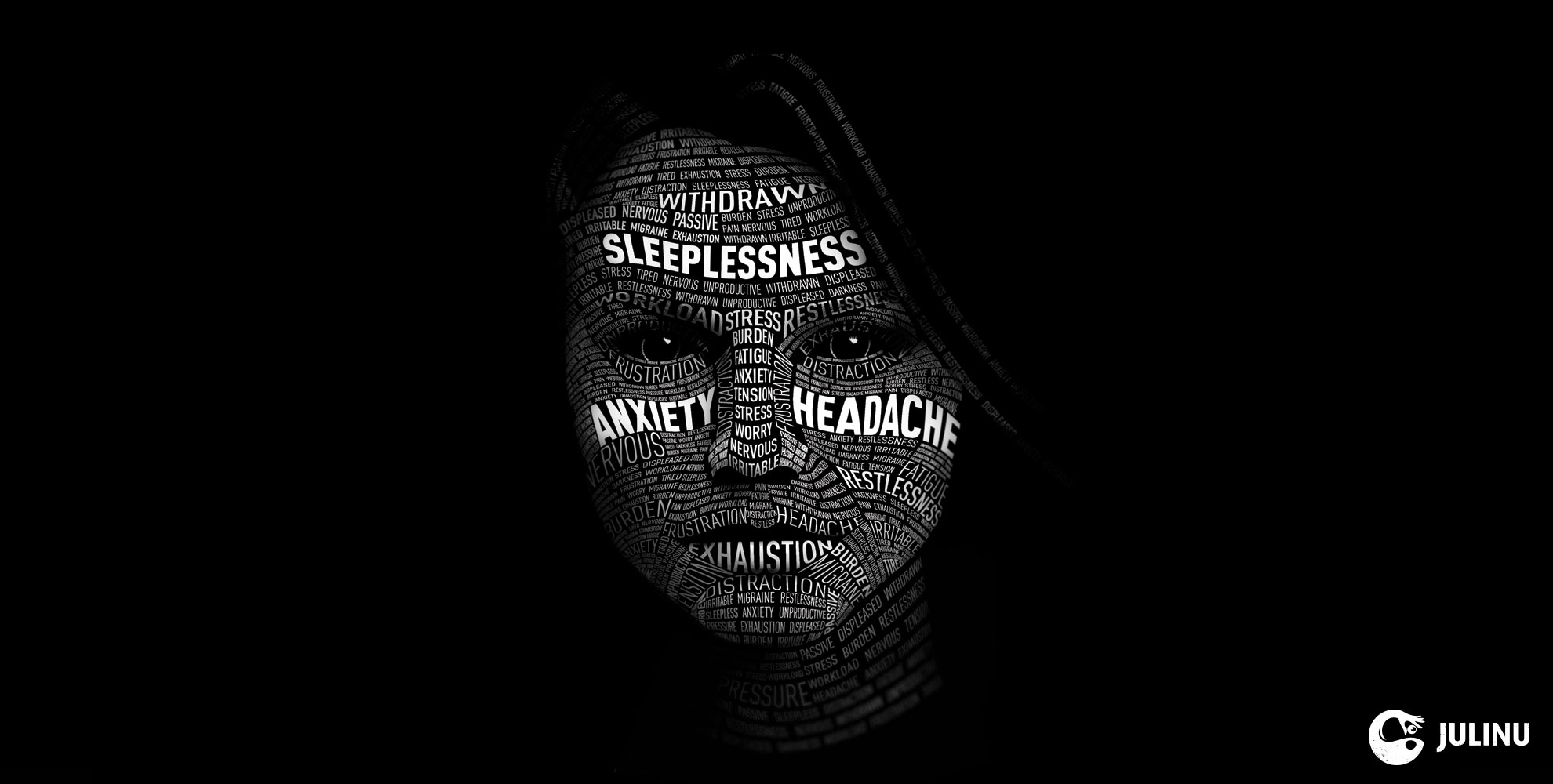
This year’s World Mental Health Day, on 10 October, comes at a time when our daily lives have changed considerably as a result of the COVID-19 pandemic. The past months have brought many challenges: for health-care workers, providing care in difficult circumstances, going to work fearful of bringing COVID-19 home with them; for students, adapting to taking classes from home, with little contact with teachers and friends, and anxious about their futures; for workers whose livelihoods are threatened; for the vast number of people caught in poverty or in fragile humanitarian settings with extremely limited protection from COVID-19; and for people with mental health conditions, many experiencing even greater social isolation than before. And this is to say nothing of managing the grief of losing a loved one, sometimes without being able to say goodbye.
The economic consequences of the pandemic are already being felt, as companies let staff go in an effort to save their businesses, or indeed shut down completely.
Given past experience of emergencies, it is expected that the need for mental health and psychosocial support will substantially increase in the coming months and years. Investment in mental health programmes at the national and international levels, which have already suffered from years of chronic underfunding, is now more important than it has ever been.
Mental, neurological and substance use disorders account for more than 10% of the global disease burden. The lost productivity resulting from depression and anxiety, two of the most common mental disorders, cost the global economy US$ 1 trillion each year. In low- and middle- income countries, more than 75% of people with mental disorders receive no treatment at all for their disorder.
This is why, in 2018, the WHO Director-General, Dr Tedros Adhanom Ghebreyesus, identified mental health as an area for which action should be accelerated. The result was the establishment of the WHO Special Initiative for the Mental Health, covering the 5-year period 2019-2023.
The goal of the Initiative is that 100 million more people have access to quality and affordable mental health care by 2023. The Initiative is to be implemented in 12 countries. Six have already been identified. They are: Bangladesh, Jordan, Paraguay, the Philippines, Ukraine and Zimbabwe. Each country has already undertaken an initial assessment to get a broad picture of the mental health needs, available services, opportunities and main challenges for scale-up.
The strategies being developed are dependent on the results of the initial assessments. They are likely to include developing or improving mental health policy and scaling up quality services in both community-based general health settings and specialist settings.

